Black Swan Ending Explained: What Really Happened To Nina In Her Pursuit Of Perfection?
"Transcendence!"
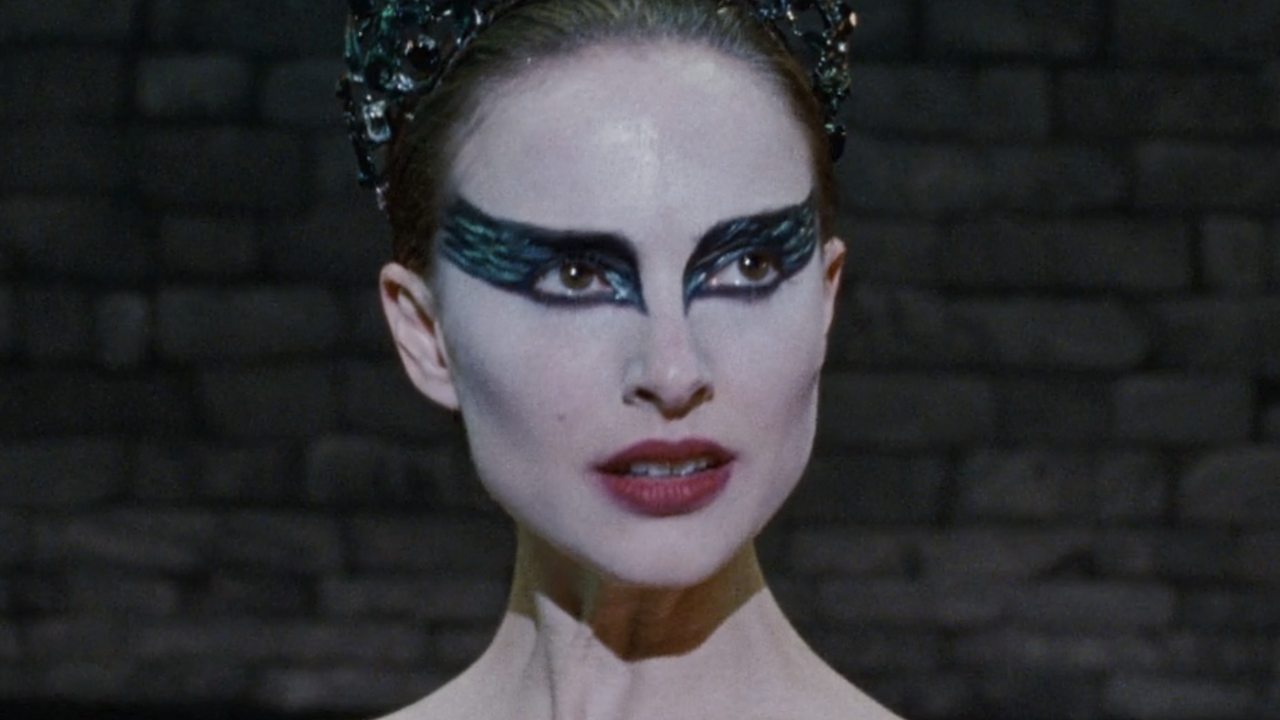
Your Daily Blend of Entertainment News
You are now subscribed
Your newsletter sign-up was successful
All the SPOILERS are ahead.
When it comes to great psychological thrillers, Darren Aronofsky’s movies will always be in that conversation because the filmmaker is such a master at the genre. This year, Black Swan is turning fifteen years old, and it’s a great time to rewatch the movie, especially for how much its messages about perfectionism hold up. I know I recently did, and I want to break down Nina’s journey and what leads to its tragic ending that leads to the star ballerina’s death.
Black Swan became a big hit despite its small budget when it came out in the winter of 2010 and became an award season darling, earning Natalie Portman her Oscar. Fifteen years later, as Aronofsky has a new film among 2025 movie releases with Caught Stealing, I think Black Swan is very much worth your time to revisit, especially for how the filmmaker takes the audience through Nina’s intense psychological journey as she plays the Swan Queen in a production of Swan Lake. Let’s get into my reading of the ending:
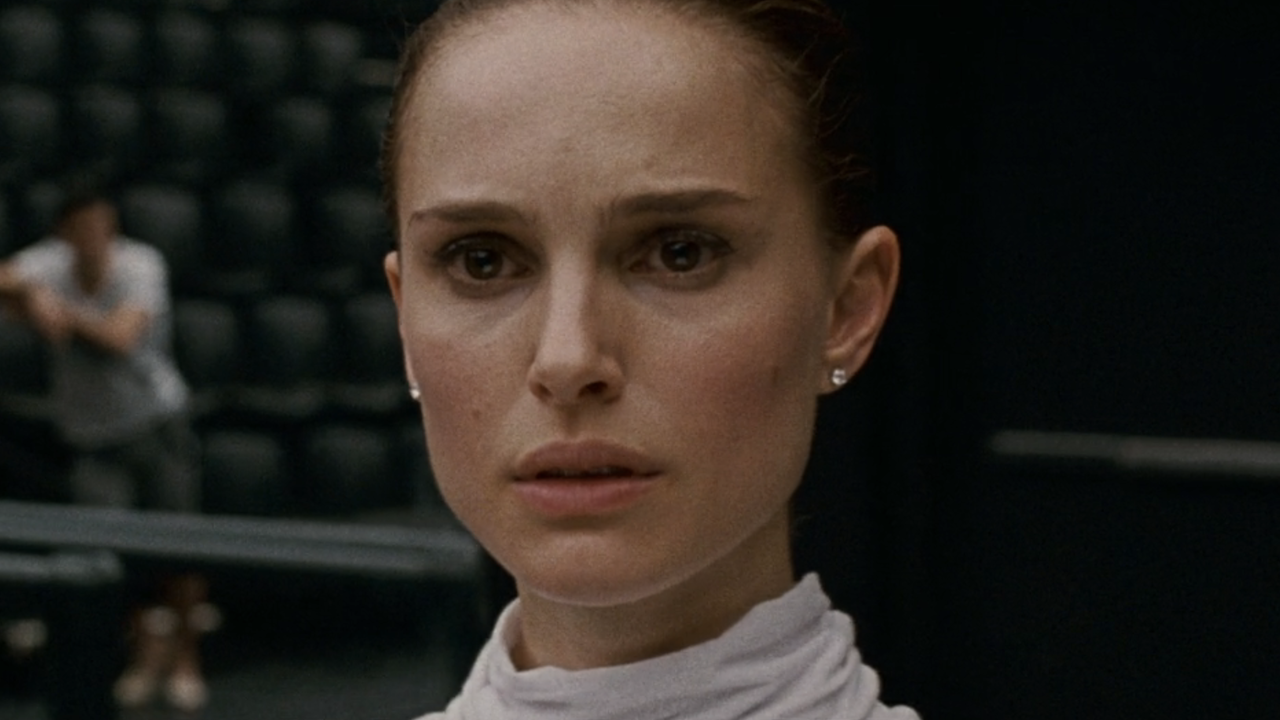
The Meaning Behind The Black Swan Ending Is Actually Explained Upfront
When Aronofsky spoke about his inspiration for Black Swan to USA Today while promoting the movie back in 2010, he said he became interested in the ballet world after his sister studied it herself and he was exposed to tons of productions of Swan Lake. He was initially interested in the idea of being “haunted by a double” since the production itself is about the dual roles of a White Swan and Black Swan.
And, within the first ten minutes of the movie, when the artistic director at Nina’s company arrives to practice to announce his production of Swan Lake, it’s spelled out right there the reasoning behind Nina’s ultimate death in the movie. As Vincent Cassel’s Thomas says:
We all know the story.. Virginal girl, pure and sweet, trapped in the body of a swan. She desires freedom but only true love can break the spell. Her wish is nearly granted in the form of a prince, but before he can declare his love ... Her lustful twin, the black swan, tricks and seduces him. Devastated; the white swan leaps off a cliff killing herself and, in death, finds freedom.
Thomas also calls the production of Swan Lake a “visceral and real” version of the classic ballet, and that’s in turn exactly what the movie Black Swan is. However, Nina’s storyline is not revolved around a prince, it’s her obsessive dream to be the best at her profession, and the fear that she’ll become like her mother (played by Barbara Hershey), who was once a ballet dancer too, but never got the chance to fully reach her potential after getting pregnant with her.
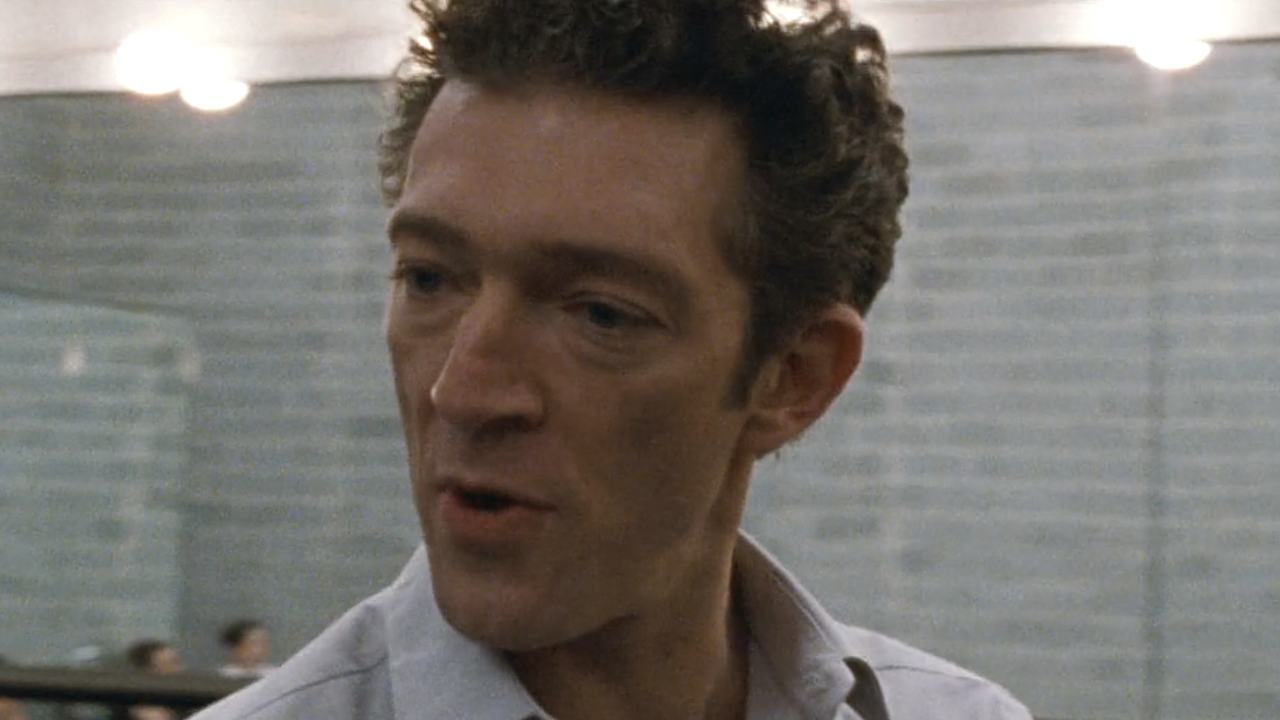
Thomas's Search For Perfection Is A Losing Battle For His Students
The way Nina is able to win the role of the Swan Queen in Swan Lake early in the movie is by convincing Thomas that she can play both parts of the White and Black Swan. Nina is determined to do just about anything to win Thomas’s approval, but as shown through Winona Ryder’s character of Beth, it’s a losing battle.
Your Daily Blend of Entertainment News
Beth was the star ballerina before Nina, who Thomas said was once “perfect” but during Nina’s run-ins with Beth throughout the film, we see that her pursuit of perfection has left her on a dark path. While she was once the apple of his eye and his “little princess,” ultimately he kicked her off the company, seemingly due to her age, and moved on to find a new star. As Black Swan continues, we see how Beth’s life is on a downward spiral after leaving the company, from dealing with an accident that leaves her without the ability to walk (assumedly due to her being drunk at the party that announces Nina's role in Swan Lake), to revealing her tendency to self harm when Nina visits her in the hospital.
Beth symbolizes the ugly path Nina is going on led by Thomas's pushing his students to be “perfect” in order to be worthy of greatness. While Beth should serve as a cautionary tale for Nina, it seems she's been fueled by perfectionism since she was a child by her mother's own toxic background in ballet, and she only follows in her footsteps.
Hulu: 30-Day Free Trial
Both Hulu's Ad-Supported and Ad-Free tiers give subscribers access to everything the platform has to offer, including streaming Black Swan! And new and eligible returning customers can enjoy a whole month of a Hulu subscription for free before paying, with plans starting from $9.99 a month.
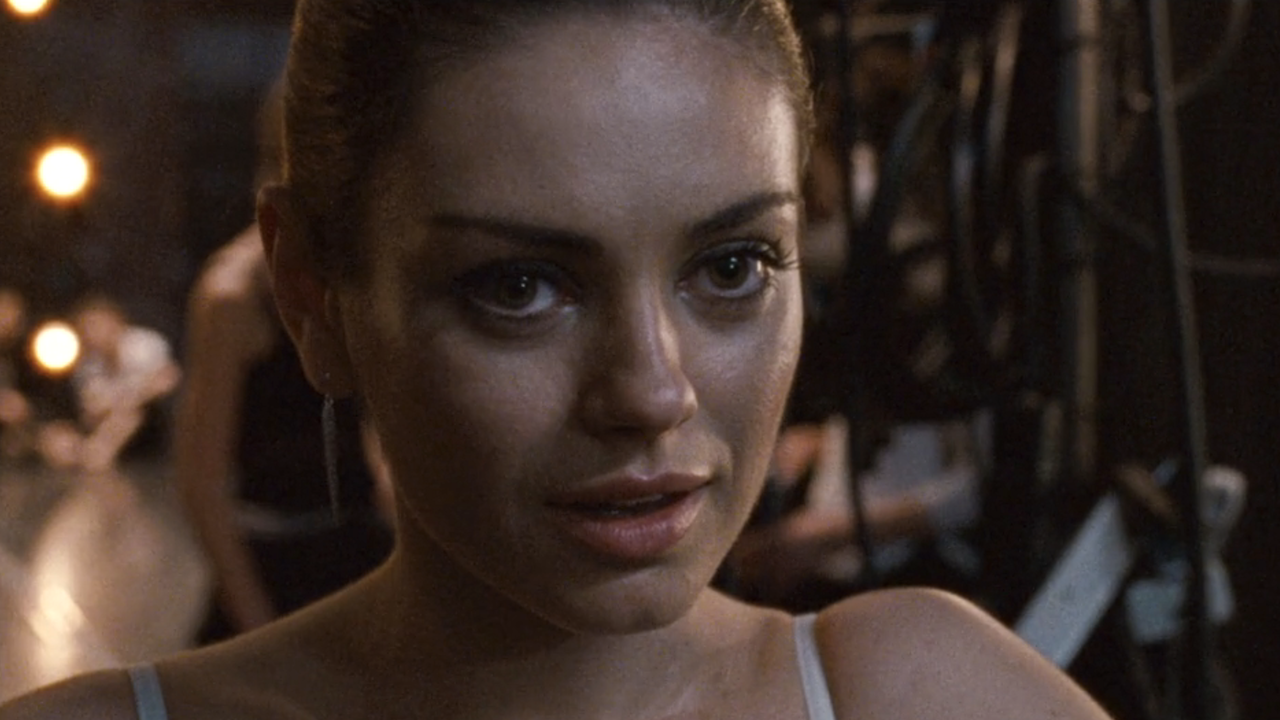
Lily Isn't The Villain, But She Does Represent Nina's Darkest Fears
That brings us to Mila Kunis’s character of Lily, who embodies the traits of the Black Swan that Nina is having trouble portraying in the ballet. In one scene that occurs not long after Nina earns the role, Thomas points out how Lily has all the traits he’s looking for in the Black Swan, and this gets to Nina.
Now, Portman’s role is an unreliable narrator, who often has hallucinations and imagines things that turn out to be in her head throughout the film. In Nina’s eyes, Lily is out to get her role, but oftentimes when Lily appears the Black Swan version of Nina is close behind, which to me symbolizes what Lily really represents. I think Lily symbolizes Nina’s darkest fears of being replaced and not being “good enough” to achieve this perfectionism she’s obsessed with. While she’d like to believe that Lily is behind things, the perpetual reappearance of her seeing herself in Lily shows that the real enemy is herself.
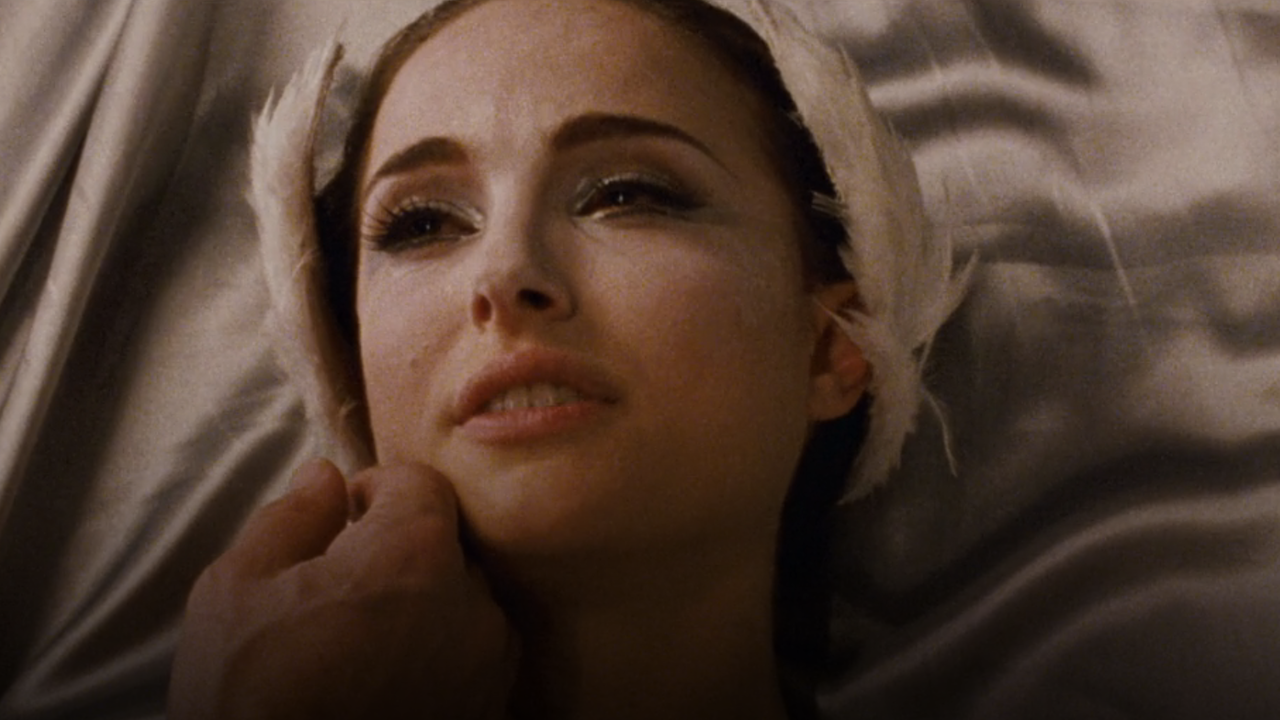
The Black Swan Ending Reminds Us Perfection Is Impossible
That leads us to the ending of Black Swan, when Nina performs the ballet and finally embodies both roles. While starring in Swan Lake, Nina’s hallucinations have her stabbing Lily in order to finally become the Black Swan. However, as we later find out before the final scene of the play, Lily is perfectly fine and not bleeding out in her dressing room as she imagines she is. While we don’t see it happen literally, Nina stabbed herself with the shard of glass, effectively killing herself by the end of the show, much like the character she’s embodying jumping off the cliff and killing herself at the end of the tragic ballet.
As she dies, Nina is happy as she tells Thomas she “felt it” that she “was perfect” during the performance. Nina fully embraced the role of the Swan Queen he was obsessing over since getting the part, but I think her death shows how pursuing perfectionism is impossible. The only way she was able to achieve it was in her death, because as humans it’s just not in our nature to be without flaws.
Black Swan is truly such an excellent film that takes the classic ballet and spins it into a layered character study and solid reminder how putting too high expectations can be a version of self harm to ourselves.

Sarah El-Mahmoud has been with CinemaBlend since 2018 after graduating from Cal State Fullerton with a degree in Journalism. In college, she was the Managing Editor of the award-winning college paper, The Daily Titan, where she specialized in writing/editing long-form features, profiles and arts & entertainment coverage, including her first run-in with movie reporting, with a phone interview with Guillermo del Toro for Best Picture winner, The Shape of Water. Now she's into covering YA television and movies, and plenty of horror. Word webslinger. All her writing should be read in Sarah Connor’s Terminator 2 voice over.
You must confirm your public display name before commenting
Please logout and then login again, you will then be prompted to enter your display name.

